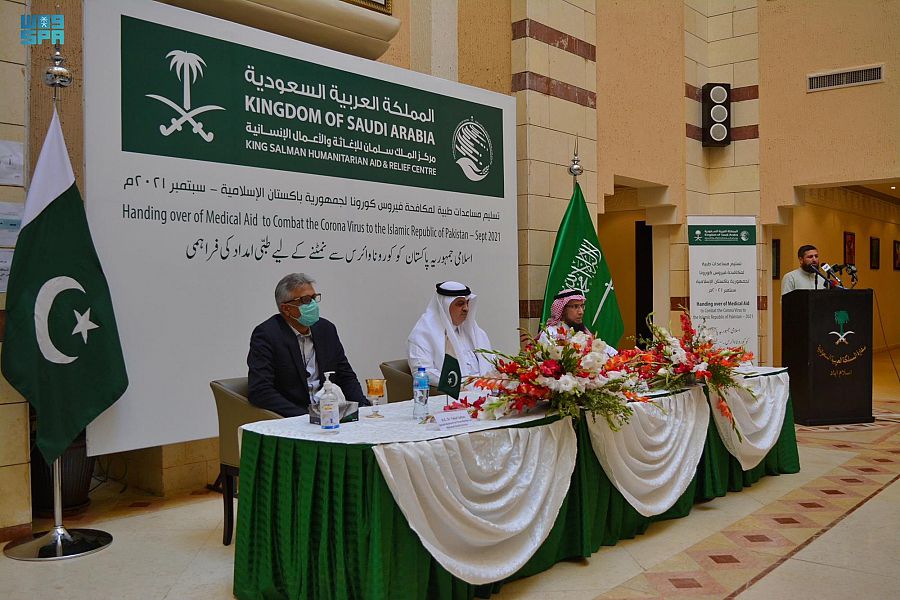
Afghanistan is currently facing a fresh wave of coronavirus disease (COVID-19) cases, with much higher rates of infection and death compared to the last wave. The official statistics provided by the Ministry of Public Health are believed to be far less than the actual number of positive cases and fatalities, as only a very small percentage of the population actually reaches out to government hospitals for testing and treatment, given the poor condition of government-run health centers. Most people with symptoms visit private hospitals and clinics instead. The dilemma is that those with symptoms are less interested in getting tested for COVID-19 and instead seek treatment right away. Doctors usually prescribe antibiotics without a clear diagnosis, sometimes complicating patients’ conditions.
Afghanistan has a dysfunctional and inadequate healthcare system, in spite of the millions of dollars spent by the international community. There have been improvements, but they do not match the money spent. This relates to aid effectiveness and the Afghan government must take most of the blame for not being an efficient partner and failing to achieve the best results from the investments made in the health sector.
In recent years, the private health industry in Afghanistan has made some progress in terms of diagnostics and treatment, but it has a long way to go before it can gain the people’s trust. That is why most patients who can afford treatment abroad prefer traveling to Pakistan, India or even as far as Turkey. This is also because of the extremely inadequate services in public hospitals and the poor track record of the private ones, which are considered less cost-effective than treatment abroad.
In Afghanistan, the focus has been more on hospital buildings than on expertise, equipment, diagnostics and the quality of drugs. Enhancing Afghanistan’s health sector is more complicated than is often assumed. It will require a multidimensional approach, from elementary schools to medical colleges, curricula, the knowledge and experience of academia, and proper policy and regulatory frameworks provided by the government. Afghanistan’s health sector cannot be promoted in isolation from other sectors like education and law enforcement. Poor regulations lead to low-quality medicines finding their way into the Afghan markets. Corruption provides a breeding ground for all the mismanagement in the health sector.
The government recently established the Food and Drug Authority and placed a competent technocrat at its head. However, without strong political will, a clear vision, a well-defined mandate and proper support from the country’s leadership, the desired results may not be achievable, as the establishment of such authorities in other sectors has failed to deliver in the past.
Last year, when the World Bank and other donors provided generous support in the form of a relief package to mitigate the impacts of COVID-19, there were reports of mismanagement, corruption and improper utilization of the aid money. The Afghan government last December launched a World Bank-sponsored national meals program to provide relief for the most vulnerable segments of society. It is very important for the government to ensure that such assistance reaches the most deserving if it is to restore its credibility.
Afghanistan hopes it will receive its fair share of vaccine doses as one of the poorest countries in the world.
Ajmal Shams
The government has been promoting social awareness via various media outlets, stressing the need to wear masks, maintain social distancing and avoid large crowds to prevent the spread of the disease. However, this has had limited impact because of the high rate of illiteracy, a lack of education and a mix of socioeconomic problems.
In February, the Indian government donated half a million doses of the AstraZeneca/Covishield vaccine to Afghanistan. However, there was no institutionalized system as to which segments of society must be vaccinated first, either through age profiling or any other criteria. This meant the vaccines were administered in a disorganized manner.
With last week’s announcement by President Joe Biden that the US will donate 500 million Pfizer/BioNTech vaccine doses to low-income nations around the world, Afghanistan hopes it will receive its fair share as one of the poorest countries in the world and with one of the most vulnerable societies. Given Kabul’s dismal political and economic situation, the international community — particularly the developed world — has a moral obligation to join hands with Afghanistan to combat the pandemic and avoid a possible public health crisis.
Ajmal Shams is Vice-President of the Afghanistan Social Democratic Party and is based in Kabul. He is a former Deputy Minister in the Afghan National Unity Government. Twitter: @ajmshams
Disclaimer: Views expressed by writers in this section are their own and do not necessarily reflect Arab News" point-of-view












